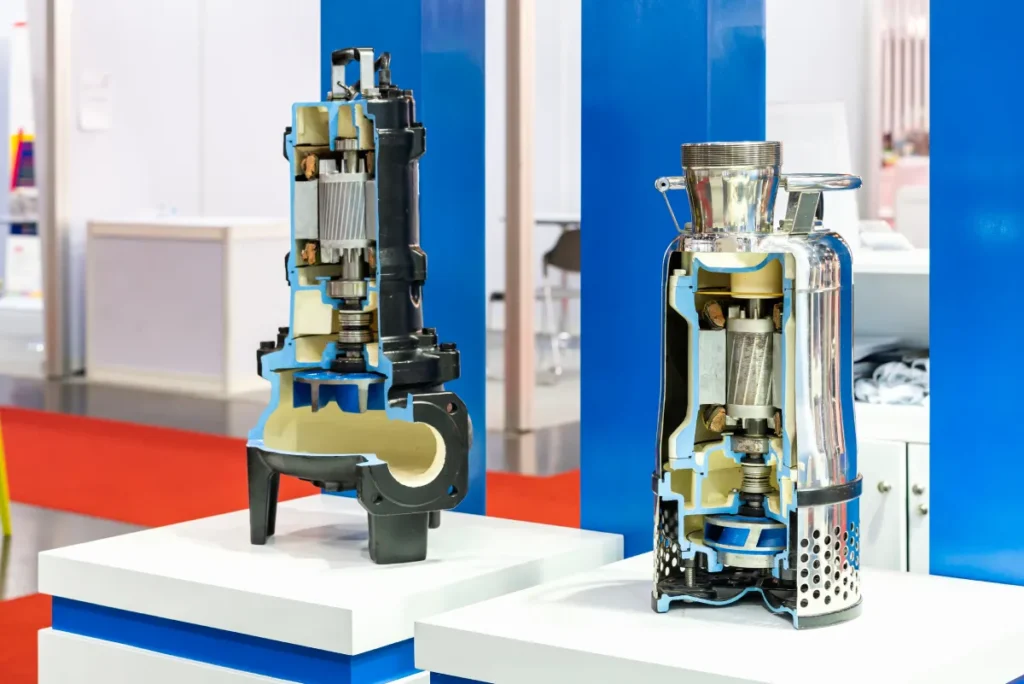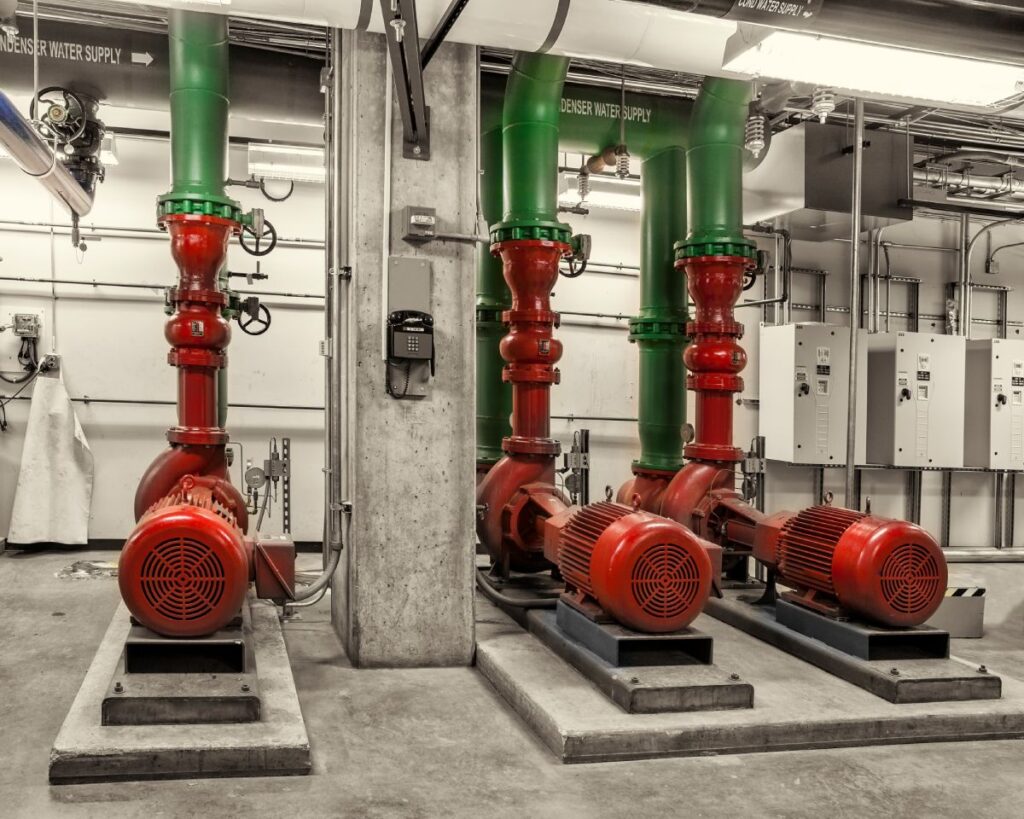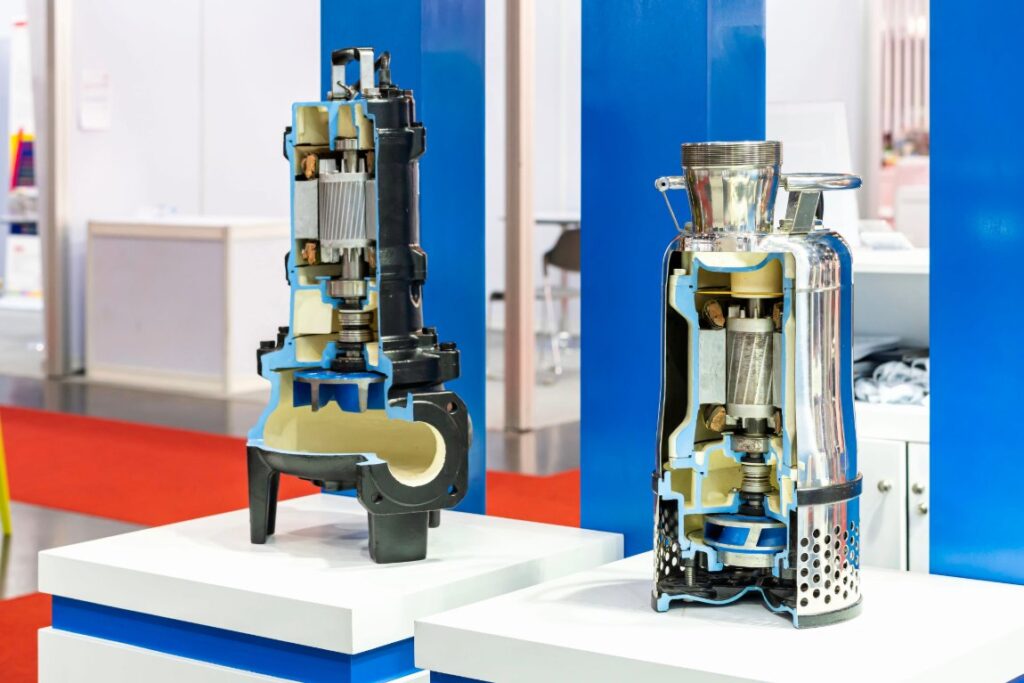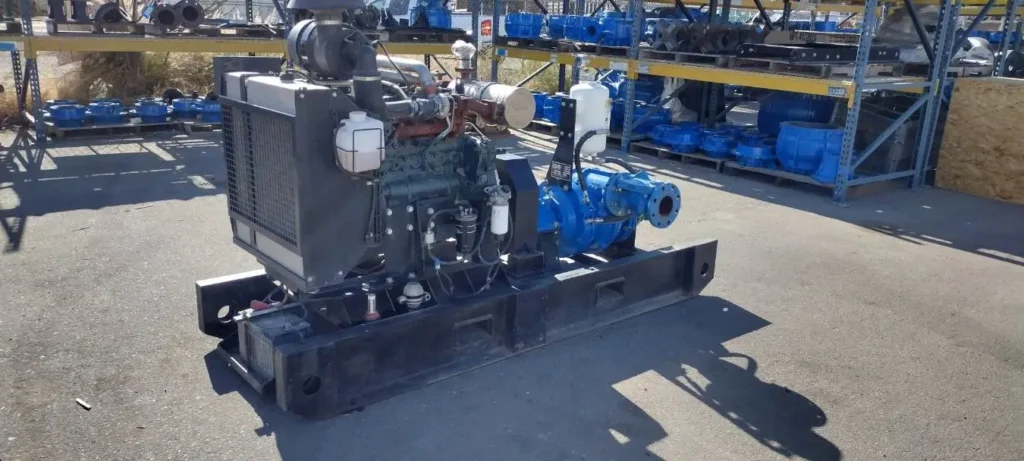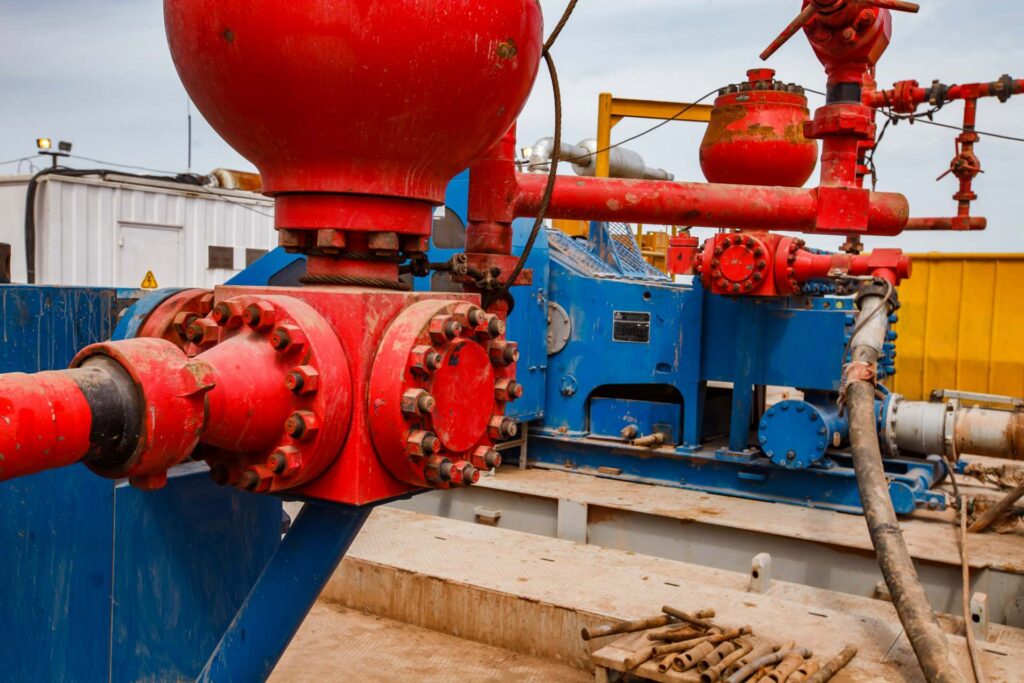Innovations in Hydraulic Slurry Pumps: Advanced Materials and Smart Technologies
Hydraulic slurry pumps have become indispensable across mining, oil and gas, municipal infrastructure, and heavy industries, where the demand for reliable slurry transport continues to grow. Designed to handle abrasive, viscous, and solids-heavy fluids, these pumps address some of the toughest challenges in modern operations, ensuring efficiency, durability, and cost control. By combining solid engineering with high-performance capabilities, hydraulic slurry pumps provide a major advantage in projects where traditional pumping systems often fall short. Unlike conventional pumping equipment, hydraulic slurry pumps are specifically engineered to handle high concentrations of solids without rapid wear or loss of performance. Their ability to maintain continuous flow under extreme conditions makes them essential for industries that rely on uninterrupted operations. As global projects grow in scale and complexity, leaders are increasingly seeking innovations that deliver measurable returns on investment. Upgrades in pump materials and the integration of smart monitoring technologies are not just improving durability; they are transforming how hydraulic slurry pumps support long-term project efficiency, reducing downtime, and ensuring compliance with environmental and operational standards. Understanding Hydraulic Slurry Pumps Operating Principle Hydraulic slurry pumps operate on the centrifugal principle, where a rotating impeller accelerates a mixture of fluid and suspended solids (slurry). This process converts kinetic energy into flow and pressure, enabling the pump to move abrasive mixtures efficiently. Their sturdy design, combined with a hydraulic drive, provides enhanced flexibility, particularly in demanding applications that require variable flow control. Types and Variations Applications Across Industries The flexibility of hydraulic slurry pumps allows them to serve a wide range of sectors. In dredging, they enable efficient removal of silt and sediment to maintain navigable waterways. In mining, they are deployed to transport abrasive tailings across long distances, minimizing manual handling and operational risks. Municipalities integrate hydraulic slurry pumps into wastewater facilities to manage sludge, grit, and other solids that conventional pumps cannot handle. Military and naval operations rely on dredge slurry pump hydraulic systems and hydraulic submersible slurry pumps for rapid-response dewatering, coastal maintenance, and disaster recovery tasks. By combining hydraulic power with durable construction, hydraulic slurry pumps continue to demonstrate their role as a cornerstone of modern fluid-handling systems across industries. Challenges in Traditional Slurry Pumping Handling abrasive and corrosive slurries has always given serious challenges for pumping systems. While hydraulic slurry pumps have improved reliability compared to conventional models, legacy designs still encounter limitations that affect performance and operating costs. Abrasive and Corrosive Slurry Compositions Mining, oil sands, and wastewater slurries often contain high concentrations of sharp, dense particles and corrosive fluids. These challenging conditions significantly increase the risk of wear on pump impellers, casings, and seals. As a result, standard pumps struggle to maintain long-term operation. Without the use of specialized materials, even advanced dredge slurry pump hydraulic units may experience reduced efficiency over time. High Maintenance and Downtime Costs Frequent part replacements, routine servicing, and unexpected breakdowns lead to high total ownership costs. This is particularly problematic for industries like dredging or tailings management, where continuous pumping is essential and prolonged downtime can be devastating. For instance, the failure of a hydraulic submersible slurry pump during a confined-space dewatering project can result in significant project overruns. Limited Lifespan Due to Wear and Material Degradation Rapid degradation is a common issue for traditional pumps made from standard alloys or untreated metals, particularly when exposed to abrasive or acidic conditions. This significantly reduces their efficiency and service life. Hydraulic slurry pumps in mining operations, for instance, are especially vulnerable due to continuous exposure to coarse tailings, which necessitates superior resistance. Energy Inefficiency and Lack of Monitoring CapabilitiesOlder systems often lack smart controls or monitoring features, resulting in higher power consumption and undetected wear. Pumps running at constant speeds waste energy, particularly when flow requirements fluctuate. The absence of real-time data makes it more challenging for operators to manage performance, thereby limiting the full potential of dredge slurry pump hydraulic solutions and hydraulic submersible slurry pumps in demanding projects. Advanced Materials Transforming Hydraulic Slurry Pumps The performance of hydraulic slurry pumps is closely tied to the durability of their construction. Recent advances in materials have redefined how these pumps withstand wear, corrosion, and heavy-duty operating cycles. By integrating innovative alloys and composites, manufacturers are extending lifespan, reducing downtime, and lowering total lifecycle costs. High-Chrome Alloys and Hardened SteelsFor environments with extreme abrasion, such as those found in mining tailings and dredging, high-chrome alloys and hardened steels are now the standard. These materials significantly extend the working life of impellers and casings in dredge slurry pump hydraulic systems. Their enhanced hardness resists cutting and grinding effects from sand, gravel, and other solids, making them indispensable in high-wear environments. Rubber Linings and Polymeric CompositesIn conditions where corrosion is more severe than abrasion, rubber linings and engineered composites provide a protective barrier. Many hydraulic submersible slurry pumps now feature rubber-lined casings, which absorb impact from large particles and protect against chemical attack. These linings reduce replacement frequency and improve reliability in municipal wastewater or acidic slurry applications. HDPE and Composite MaterialsLightweight yet durable, HDPE and fiber-reinforced composites are increasingly being used in hydraulic slurry pumps for both casings and auxiliary piping. Their corrosion resistance makes them ideal for use in offshore dredging or environments with high chemical content. For example, dredge slurry pump hydraulic systems with HDPE components are easier to transport, install, and maintain, providing added flexibility for contractors managing multiple sites. Case Comparison: Lifecycle Cost BenefitsWhen compared to conventional metallic pumps, those built with advanced alloys or lined with rubber and composites show a significantly lower total cost of ownership. A hydraulic submersible slurry pump constructed with high-chrome alloys may initially be more expensive. Still, it will outlast standard steel models by several cycles, resulting in savings on replacements and downtime. Similarly, hydraulic slurry pumps with polymeric linings can continue operating in highly corrosive conditions where traditional pumps would require complete rebuilds. By adopting these material innovations, industries are maximizing the efficiency, resilience, and ROI of both hydraulic slurry pumps and dredge slurry
Innovations in Hydraulic Slurry Pumps: Advanced Materials and Smart Technologies Read More »

